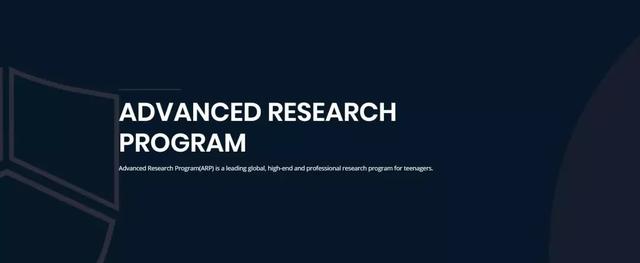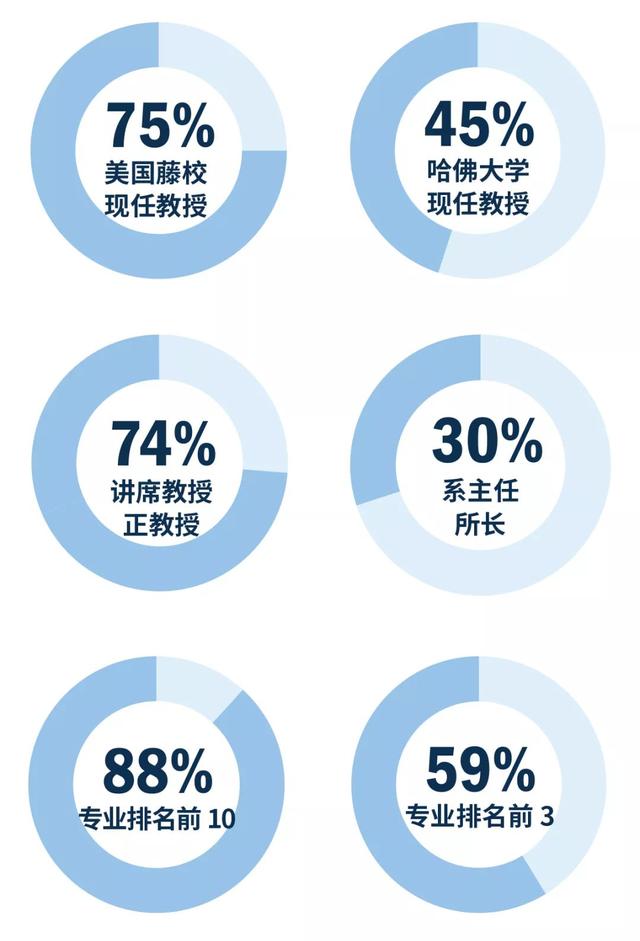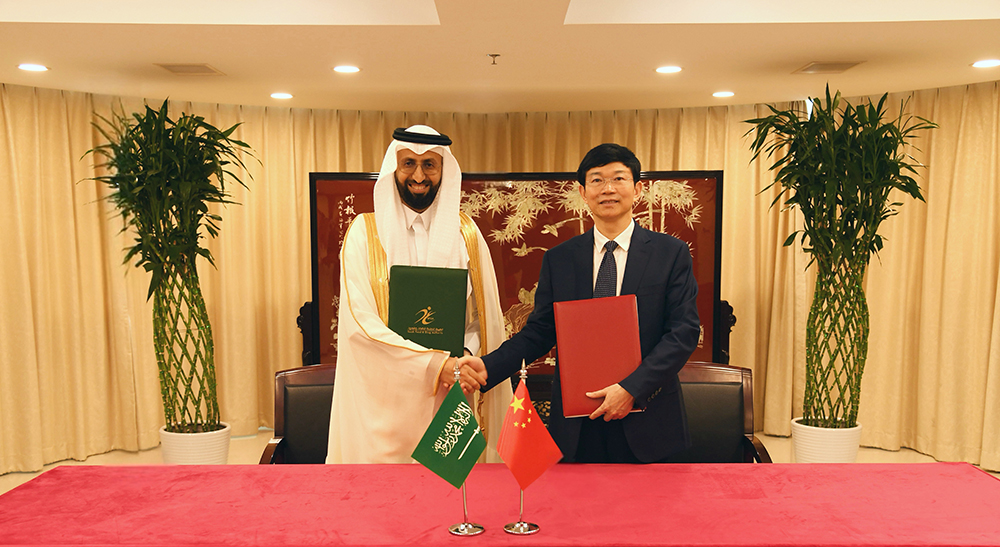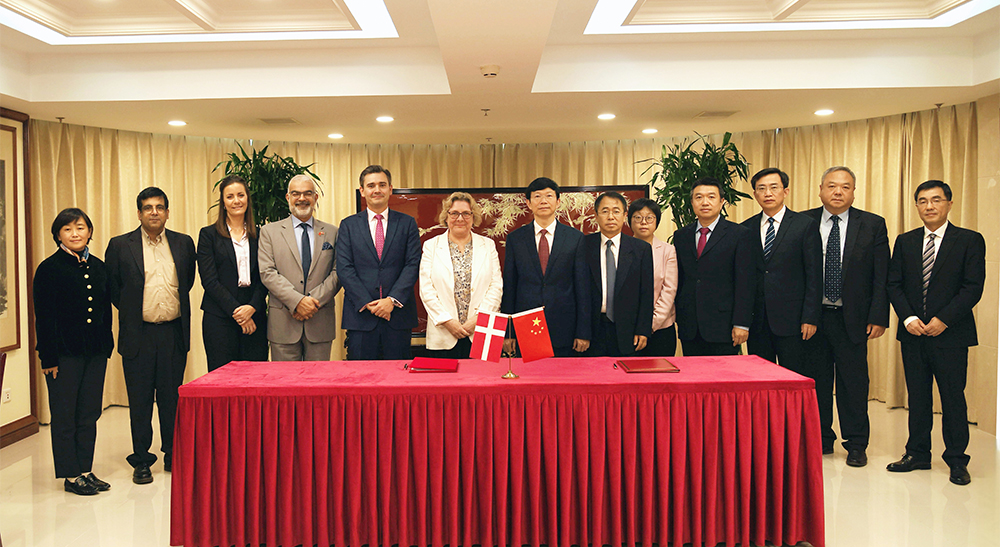京领藤校科研导师专访|哈佛教授库内斯:教孩子成功走自己的路就是最好的
时间:2020-01-25 16:16:47 热度:37.1℃ 作者:网络

2019年10月16日,哈佛大学正教授山姆·库内斯(Prof. Sam Kunes)以京领藤校科研导师、京领藤校科研学术委员会委员的身份,接受了京领新国际的专访。
库内斯教授曾就职于冷泉港实验室(Cold Spring Harbor Laboratory),该实验室被誉为世界生命科学圣地,共诞生了8位诺贝尔奖得主。他的研究成果获得过很多奖项,包括达蒙·鲁尼·沃尔特·温切尔基金会奖学金和生物医学科学奖的皮尤学者计划等。
库内斯教授的学生遍布全球,其学生曾进入斯坦福大学、哈佛大学、芝加哥大学、宾夕法尼亚大学等名校就读,还曾获得哈佛大学以及威斯康星大学等大学教职。库内斯教授同时也是一位成功的家庭教育者,他的三名子女均进入了哈佛大学就读。
在本次专访中,库内斯教授就中国青少年科研素养以及创造力的培养,为广大学生和家长提出了宝贵的建议。
京领藤校科研项目导师

山姆·库内斯
Sam Kunes
哈佛大学细胞与分子生物学正教授
麻省理工学院,博士
Q1
京领新国际:您可以谈谈您最引以为傲的学生么?现在他们在哪些大学和机构学习和工作呢?
库内斯教授:我对于我曾经教过的那些具有耐心和自信的学生而感到骄傲。
在几年前,我曾经带一名中国高中生做科研项目,之后她的项目成功进入了一个科学竞赛。其中的步骤很繁复,但是她成功进入了决赛并取得了第三名的好成绩。现在,她是宾夕法尼亚大学的一名新生;
我的一名来自中国的学生还进入了我的实验室工作。实验室工作很难,结果其实也并不理想,但是她获得了宝贵的科研经验。现在,她已经是一名杜克大学的学生。
我的学生还进入了斯坦福大学、哈佛大学、芝加哥大学就读。我带的研究生有些还获得了哈佛大学以及威斯康星大学的教职。
Q2
京领新国际:您认为,科研素养除了专业知识以外,还包括哪些呢?
库内斯教授:学生学习一些哲学、心理学和一些文学将是很好的。科学家是对他们的工作和未来做决策的人。为了做出好的决策,我们应该理解我们自己;为了做出具有创造性的决策,我们应该明白如何进行想象式的思考。
学习其他学科而不仅仅是科学,将有助于我们做这些事情。
Q3
京领新国际:您在下一代的教育上非常成功,您可以谈谈您是如何教您孩子有关于创造力、兴趣培养和科研素养的吗?
库内斯教授:我认为,教孩子们最好的方法就是给他们展示如何解决问题——即使是解决一个非常简单的问题,比如找一个丢了的玩具,可以培养他们的自我意识、直觉,以及逻辑思考能力。
孩子们有自己的发展道路,最好的方法就是教他们如何成功地走自己的路。
Q4
京领新国际:很多年轻人大学毕业后会进入产业工作,你认为他们还需要培养科研素养么?
库内斯教授:我把培养科研素养看作学习思考问题的方法,比如,培养创造性地解决问题的能力。这将会对工作中很多事情有帮助,比如产业,以及对人生发展。
Q5
京领新国际:以一句话谈一下您对于中国年轻一代科研素养提升的愿景?
库内斯教授:学习以前如何把事做成的方法,为了将来做以前从没做过的事。

Sam Kunes教授的研究成果
为给中国广大青少年有更多机会接触世界级的前沿细胞与分子生物学的知识与实践,京领藤校科研项目特意邀请了库内斯教授作为该学科的科研导师,他将来到中国亲自带领学生完成科研项目。
导师项目内容
学生将在哈佛大学库内斯教授的亲自指导下,完成初步具有名校本科科研水准的报告或论文。在获得教授书面认可的同时,学生在参与国际化科研项目的过程中将能够获得科研能力、小组合作能力、领导力、英语沟通能力、专业技能与全球视野等一系列综合素养的提升。
项目主题:科研中的创新与批判性思维
适合方向:细胞生物学,分子生物学,脑科学
项目时间:2020年2月
京领藤校科研项目简介
京领藤校科研,即 Advanced Research Program,是一个全球化、高端化、专业化的学生科研项目。
京领藤校科研由国内外著名大学杰出学者、世界知名公司高管以及教育行业资深专家为主的专家团队共同发起,旨在推动国际化创新性人才培养,促进社会创新发展!
项目价值

注:
教授私人推荐信并非教授与项目合同中需要履行的义务。
京领藤校科研项目导师
京领藤校科研导师以哈佛大学、美国藤校现任终身正教授为主。


项目安排
课程时间
2020年2月
项目时长
2 周
目标人群
高中生 、本科生
注:
课程安排均由导师亲自安排,最终计划可能会根据实际情况修改。
申请流程

按下方图片提示关注公众号
立即报名与哈佛大学教授一起做科研

以下为采访原文:
Kinglead:
Would you like to talk about some of your students you are most proud of? which top institution/universities they are studying/working at and what they are researching on?
Prof. Kunes:
I'm proud of the students I've worked with who showed patience and self-confidence. For example, one high school student a couple years ago worked on a project with me in online sessions and entered the project into a science competition. There were many steps, but she made it to the final round in the competition and came out 3rd. Now she is a freshman at UPenn. Another student who I first met at a program in Shanghai came to my lab. to do research. The lab. work was difficult and didn't produce an exciting result. Nonetheless, the she learned from the experience. She is now a freshman at Duke. Other students who've attended my programs are at schools like Stanford, Harvard and U. Chicago. I also have graduate students who have gone on to faculty positions at places like Harvard and U. Wisconsin.
Kinglead:
From your point of view, what should research literacy include besides professional knowledge ?
Prof. Kunes:
It is good for a student to study philosophy, psychology and some literature. Scientists are people and make decisions about their work and their futures. To make good decisions, we should understand ourselves. To make creative decisions, we should understand how to think with imagination. Learning other subjects, not just science, will help to do these things.
Kinglead:
You are very successful in your education to the next generation. Would you like to talk about how did you tell your children about creativity, research interest and research literacy?
Prof. Kunes:
I have thought the best way to teach children is to show them the example of how to solve a problem - even a simple problem like finding a lost toy can demonstrate the power of awareness, intuition and logical thinking. The children will follow their own paths; the best lessons teach them how to follow a path successfully.
Kinglead:
Most young people will work in industry after they graduate from college, do you think they still need to cultivate research literacy?
Prof. Kunes:
I view research literacy as learning ways of thinking, such as developing the ability for creative problem solving. This will be useful in many endeavors in work, such as industry, and in life generally.
Kinglead:
Would you like to say one sentence about your vision to Chinese young people's research cultivation?
Prof. Kunes:
Learn how to do what was done in the past in order to do what has never been done before.


